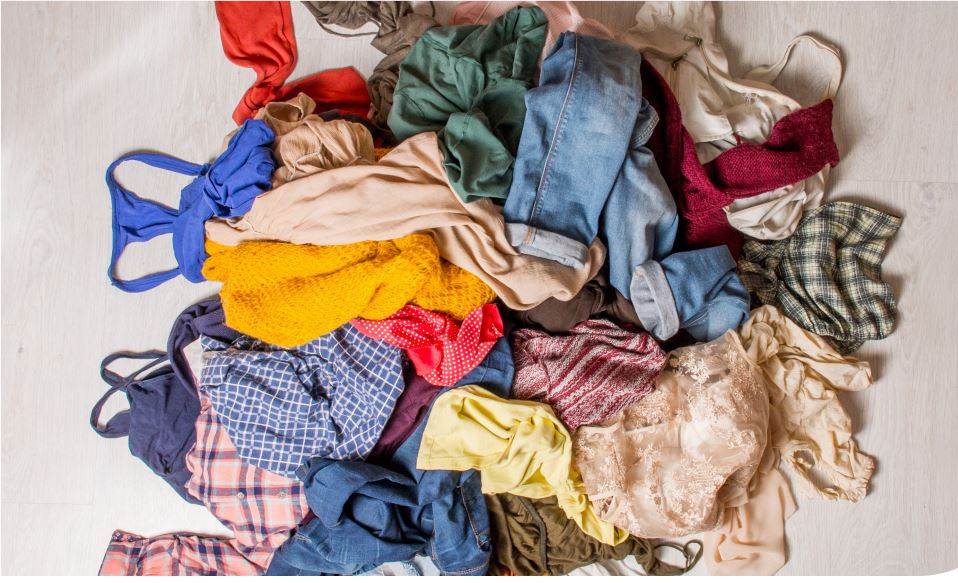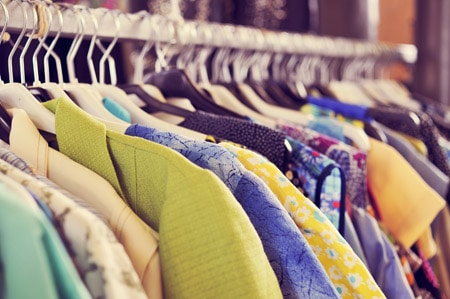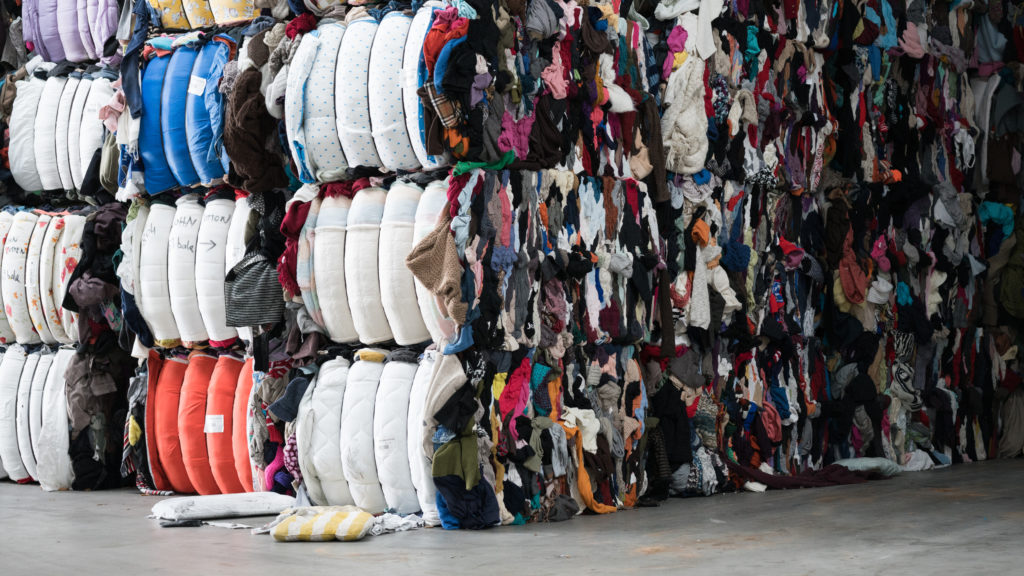Terry Ralph, chair of the Textile Recycling Association,
said: “It is very difficult to say how collections will be affected, some appeals have adverse effects on the collection of clothes, other times a lot will be collected without much thought about what is to be done with it.
“If charity shops receive a lot of clothing that they cannot sell it will be passed down to the merchant sector. If there is an affect it will probably begin to be noticed at some point in the next week or so. Based on past experience the initial stage will usually see an effect on the amount of clothes collected.”
So far textile merchants contacted by letsrecycle.com have not seen a major effect in the amount collected from local authority banks.
Drivers
Brian Mansfield of Black Country Rag and Wiper Company said: “We always have our drivers on emergency call out over the Christmas and New Year period just in case any local authorities need their textile bins cleared. We didn't have any calls from councils needing extra collections.”
The London-based LMB group has also said that it has not had local authorities in contact with the company saying they are in special need of having clothing banks emptied because they are full.
Philip Race of GBU Textiles said: “I think there will be more donations to charity shops, which is good at this time of year as due to the winter weather collections are usually low. It will cost us more because the shops will have more surplus for us to buy, but if that keeps production going it will be good.”
Local authorities
Local authorities are also keeping a close watch on the arising of clothing and other textiles. Colin Kirkby, executive officer of recycling officers organisation LARAC,
said: “Some people will do individual collections so they won't go through textile banks and other people will bring clothes to the banks when they haven't before so it is difficult to Gauge the effects.”
Carol Arthur, recycling officer at Torbay council, said that she would expect the collection of textile to increase, but that textile merchants could be affected by charities trying to get as much money for the Asia relief work as possible.
“I know that we have a local hospice that has said that it wishes to send clothes that it doesn't sell elsewhere so that it may be sold by other charities. They would donate clothes to say Oxfam rather than give them to a textile merchant,” she said.
Local economies
Oxfam has said that it will not be sending any clothes out to the areas effected by the Tsunami. A spokeswoman for the charity said that it was expensive to send clothing to Asia and they would rather help the local economies instead.
“Where we can we will be buying local products for the people effected, that includes food and clothing. That way there is no need for shipment costs and as well as clothing and feeding the locals we will also be putting money into their economy which will also help,” she said.
But Oxfam are still encouraging clothes to be brought to their British outlets. “Obviously we encourage people to bring clothes to their local shops, they will then be sold and that money can be used to buy clothing and food,” the spokeswoman said.
Donation
Mr Ralph and his company Terimpex is hoping to donate 20 tonnes of new and used clothing to the countries hit by the disaster. He has said that at the moment he is looking to find a shipping line to donate a container to take the clothing.











Subscribe for free